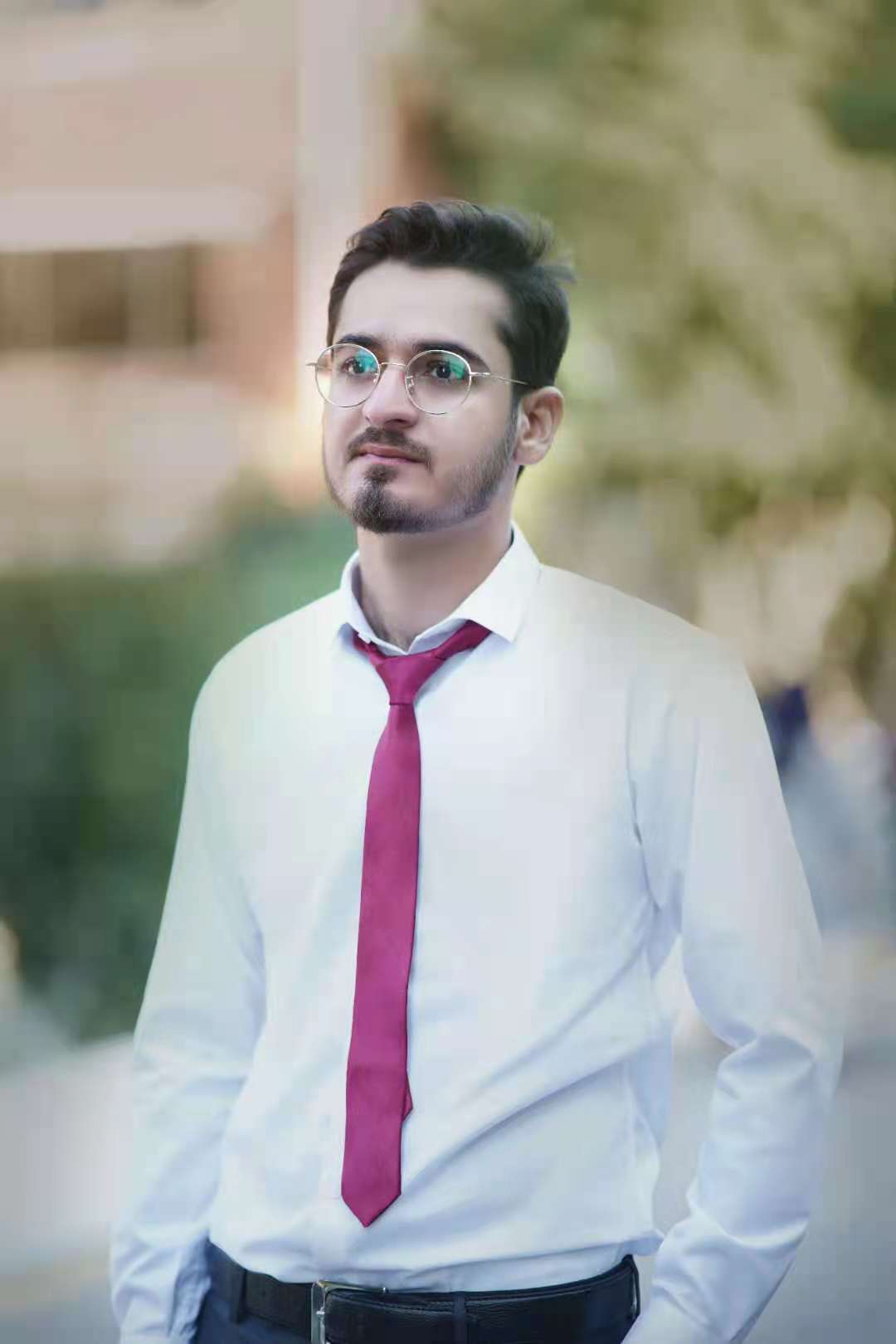Overview
So far the wireless communications have been very much mobile phone centric. The next wave in wireless technology will be about plant sensing the environment. There are many straightforward applications in the automotive industry, medical domain, material inspection and material characterization. One appealing application is sensing the health status of the plants. The information about plant health status contributes a lot to improve overall efficiency in agriculture, which is of vital importance to ensure food availability in the coming decades. The mission of the 4TU Plantenna project is to develop vegetation-integrated, energy harvesting, autonomous sensors that measure in-plant and environmental parameters at high resolution and low cost. Sensor information will be used to develop methods for early detection of plant-stress and environmental strain. This in-turn will enable optimizing water and nutrient application schemes for climate smart agriculture, improve drought protection and support decision making for environmental protection and climate resilience.
The existing systems for sensing plant health status are providing excellent performance, but are bulky and expensive, making them inconvenient for massive deployment. We at Eindhoven University of Technology strongly believe in miniaturization and cost reduction as well as in massive deployment while providing sufficient performance and user friendliness. Our ultimate vision is to have thousands of autonomous, flexible RF sensor attached around the stem of a plant or on a plant leaf. Next to sensing functionality, they should be able to collect, store and transfer data wirelessly.
We have made the first steps in this direction by introducing the concept of a small form-factor low-power RF sensor and we are currently busy proving the concept. The goal of this postdoctoral project is to complete the proof of concept by designing the RF sensor and detector as well as performing series of experiments with plants including interpretation of the results. The project is multidisciplinary: it requires knowledge from the fields of electronics (analog integrated circuits), electromagnetics (resonating structures designed on PCB), biology (interaction with the plants) and measurement techniques.
We find the project very interesting and exciting. We are searching for a person with a background in electrical engineering but with an eagerness to extend his or her knowledge in biology. Due to the interdisciplinary nature, there will be a lot of learning opportunities during the project. Clear and straightforward communication, efficient use of information and pro-activeness are key elements for project success.
Apply:
Related articles:











